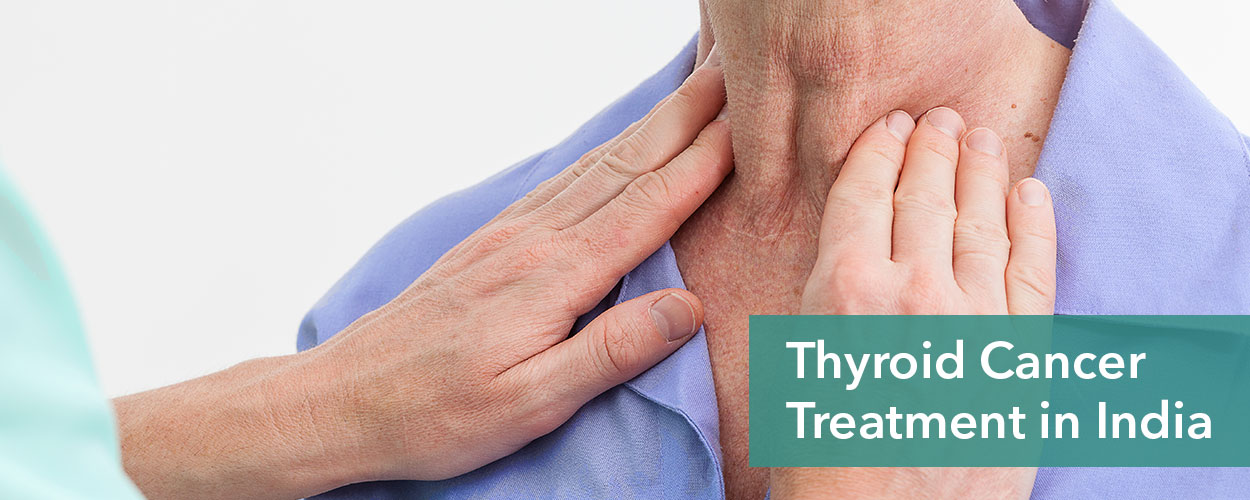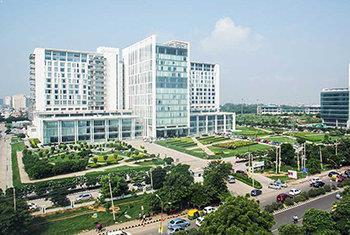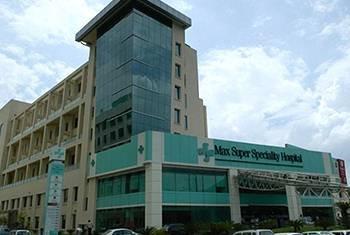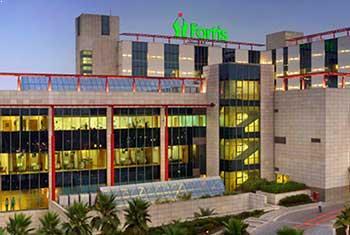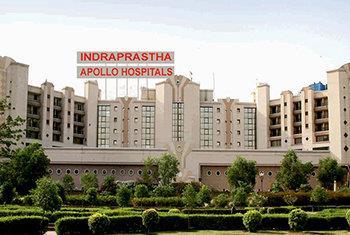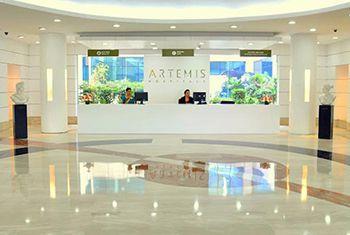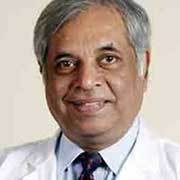Thyroidectomy Approaches
Conventional surgical approach for thyroidectomy
Thyroidectomy using the conventional approach usually takes 1 to 3 hours, depending on the type of thyroidectomy that needs to be performed and the complexities involved with the procedure.
During the conventional surgery, an incision is made above the superior edge of the clavicle and the sternal notch in a curvilinear manner. The incision length varies from 2 cm to 8 cm depending on the exposure required to perform the surgery. Cervical linea alba present in the midway of the strap muscles is dissected to expose the thyroid gland.
After gaining access to the thyroid gland, one lobe should be scrutinized to carry out the capsular dissection to the lateral part of the lobe. Overlying strap muscles are set aside to dissect the cricothyroid space to give maximum exposure to the superior pole of the thyroid gland.
The surgeon now focuses on the parathyroid gland to keep it intact while performing the dissection of the posterior aspect of the thyroid gland. After identifying the parathyroid gland, the surgeon dissects it from the thyroid gland carefully and keeps it in the thyroid bed.
Now the surgeon finds the recurrent laryngeal nerve and confirms its identity with the help of nerve stimulation. The course of the nerve is dissected bluntly to remove the thyroid gland. The thyroid gland is removed carefully without injuring the nerve.
The surgeon uses one or two stitches to pull back the neck muscles together. Now the deeper layer of the incision is closed meticulously with the help of the stitches. The skin is finally closed with the help of sterile paper tapes.
Minimally invasive thyroidectomy technique
The minimally invasive approach is carried out with the help of an endoscope and endoscopic instrumentation. The size of the incision usually ranges between 15 to 20 mm.
The thyroid gland or a part of the thyroid gland is removed with the help of tools and the entire process is visualized with the help of a camera attached to the tip of the endoscope. The movement of the surgical tools is in a video on a computer screen. After the surgery, the neck incisions are closed with the help of tiny stitches and surgical tape.
Robot-assisted thyroidectomy
Thyroidectomy can also be performed with the help of a robot, thanks to the advances made in the field of medical technology. A group of researchers introduced the trans-axillary approach using the da Vinci robotic system. This approach eliminates the need to create a neck incision.
The surgeon uses a 4 to 6 axillary incisions with an 8 mm medial skin incision to introduce the 4 robotic arms to carry out the surgery. The rest of the steps are similar to the conventional surgical procedure.
